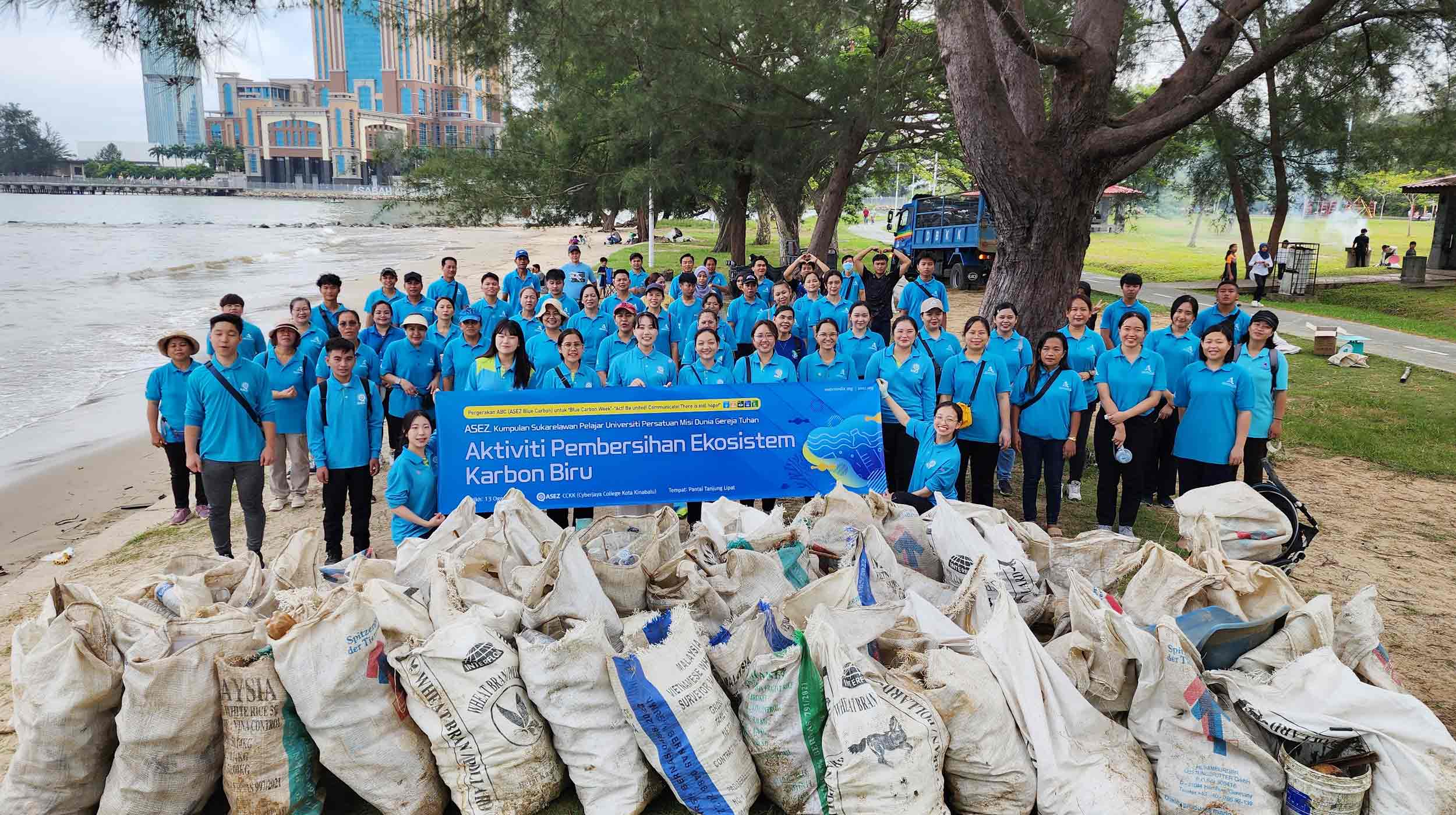World Oceans Day 2025
The ocean gives us everything without hesitation. Shouldn’t we take at least one day a year to reflect on its value and express our gratitude? That day is June 8—World Oceans Day. The theme for World Oceans Day 2025 is “Wonder: Sustaining What Sustains Us.” It urges us to go beyond environmental protection and recognize the ocean as a living entity whose value must be reexamined within the broader context of sustainability.
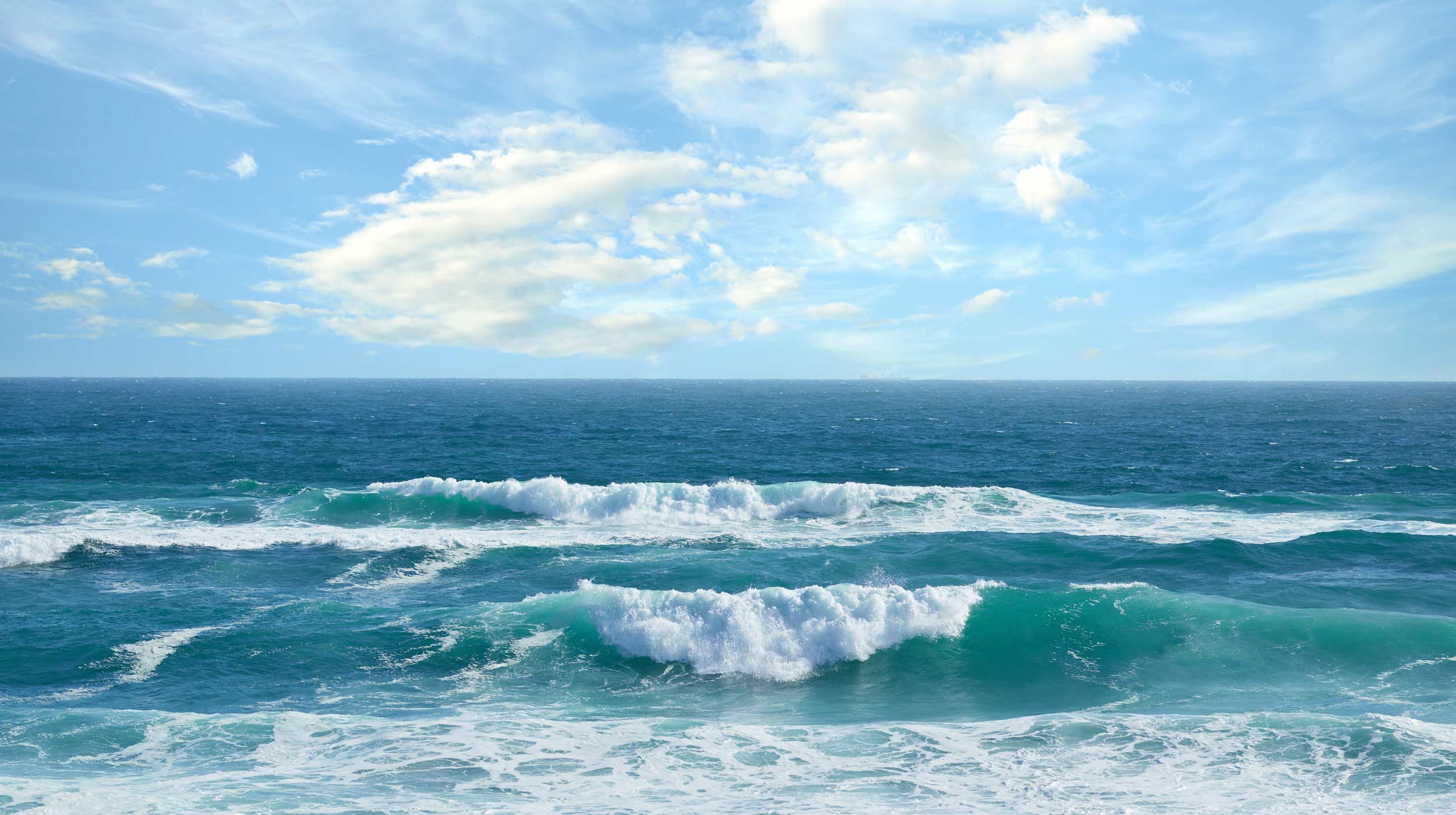
So, what exactly do we receive from the ocean? The ocean provides a major source of protein to about 3 billion people globally and holds over 80% of the Earth’s biodiversity. Covering 71% of the Earth’s surface, it produces more than 50% of the oxygen in the atmosphere and absorbs about 25% of carbon dioxide, helping regulate the global climate. [1]
In economic terms, the ocean contributes nearly 3 trillion dollars annually and supports about 350 million jobs around the world. [2]
Despite its massive ecological and economic contributions, efforts to protect the ocean remain relatively insufficient. So what is happening to the core elements that support the marine ecosystem? Let’s take a closer look at the ocean’s current crises.
Oceans in Crisis: The Reality of Marine Ecosystems
Marine ecosystems today face complex issues including plastic pollution, climate change, overfishing, and ocean acidification.
- Plastic Pollution
Every year, around 11 million tons of plastic waste enter the oceans—equivalent to a garbage truckload every minute. [3]
Microplastics, in particular, have infiltrated the entire marine ecosystem and are now even affecting humans through food chain.
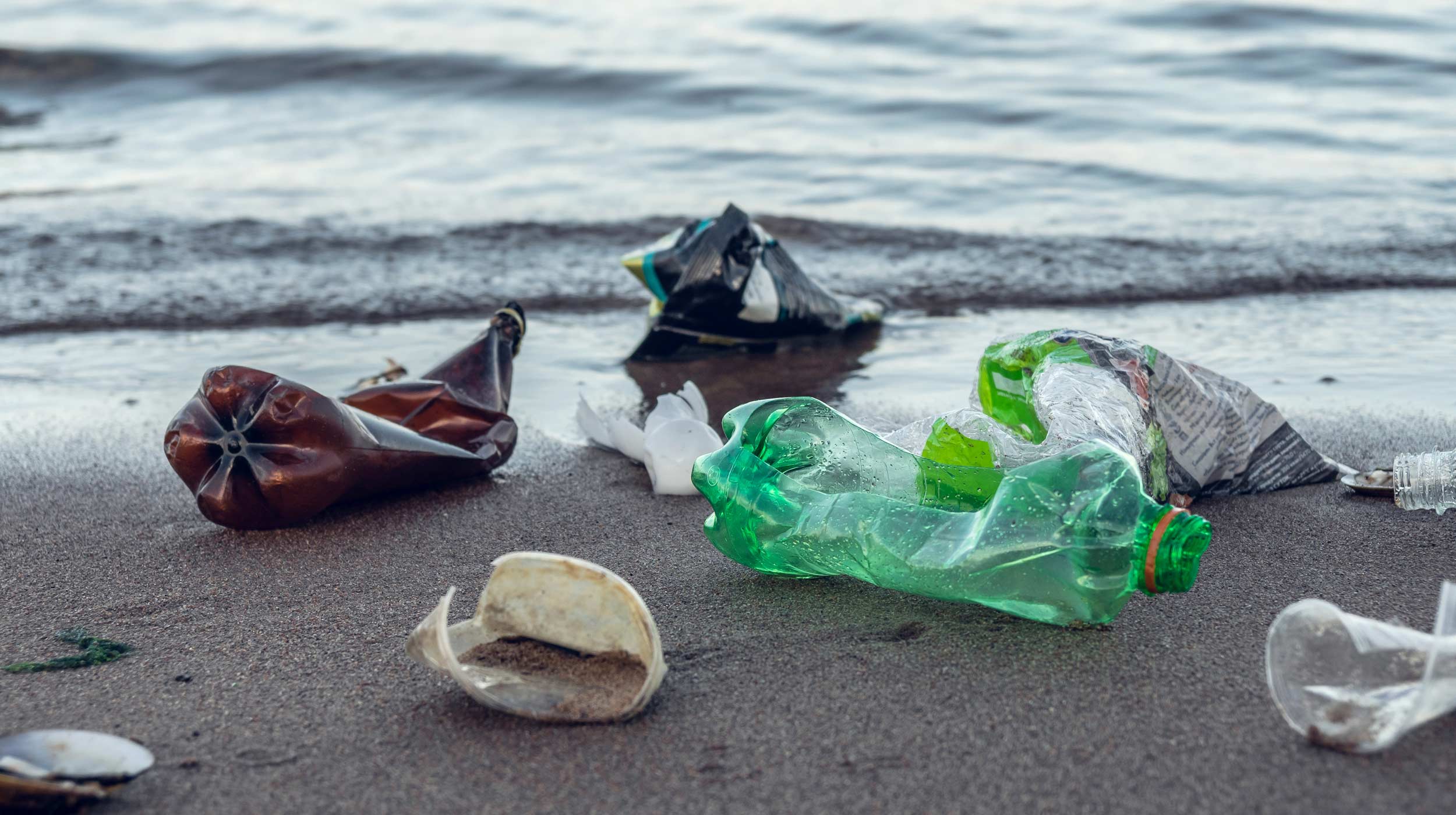
- Overfishing of Marine Resources
Overfishing is also disrupting the marine ecosystem. According to the United Nations Food and Agriculture Organization (FAO), more than 35% of global fish stocks are being overfished beyond sustainable levels. As a result, biodiversity is rapidly declining, and 53% of the fish caught by fishing vessels have only half their original population remaining. [4]
This phenomenon goes beyond a simple decrease in fishery production and threatens the overall balance of the marine ecosystem.
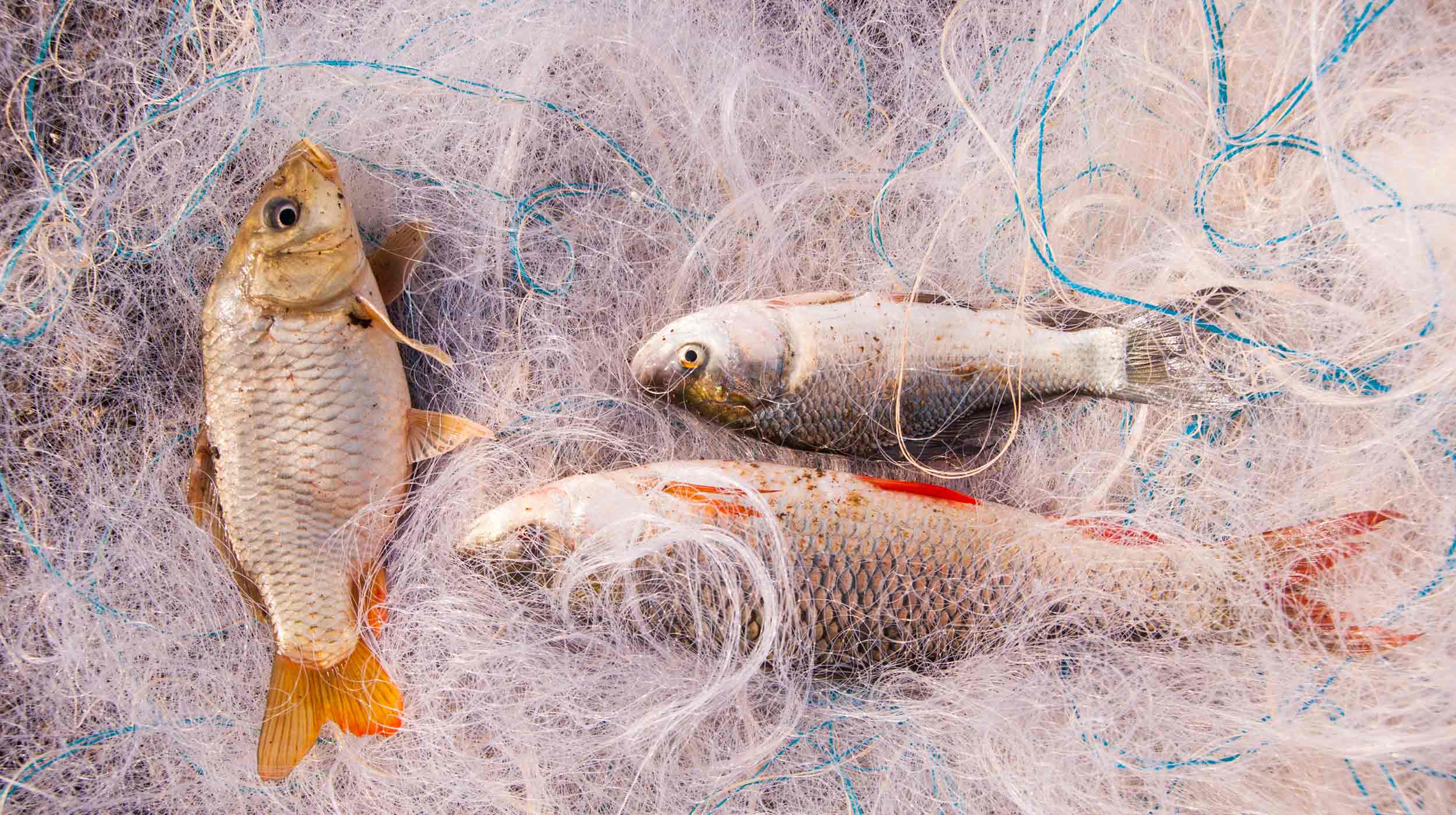
- Climate Change
Climate change is turning the ocean into a hotter and more acidic environment. As sea temperatures continue to rise, the survival rates of small organisms like coral reefs and plankton drop sharply. This impacts the entire marine food chain. According to research by the Plymouth Marine Laboratory, whale populations could decrease by up to 26%. [5]
In addition, ocean acidification is also a serious concern. As the ocean absorbs carbon dioxide from the atmosphere, it becomes more acidic. This makes it difficult for shellfish and crustaceans to form shells, threatening the survival of calcareous organisms.
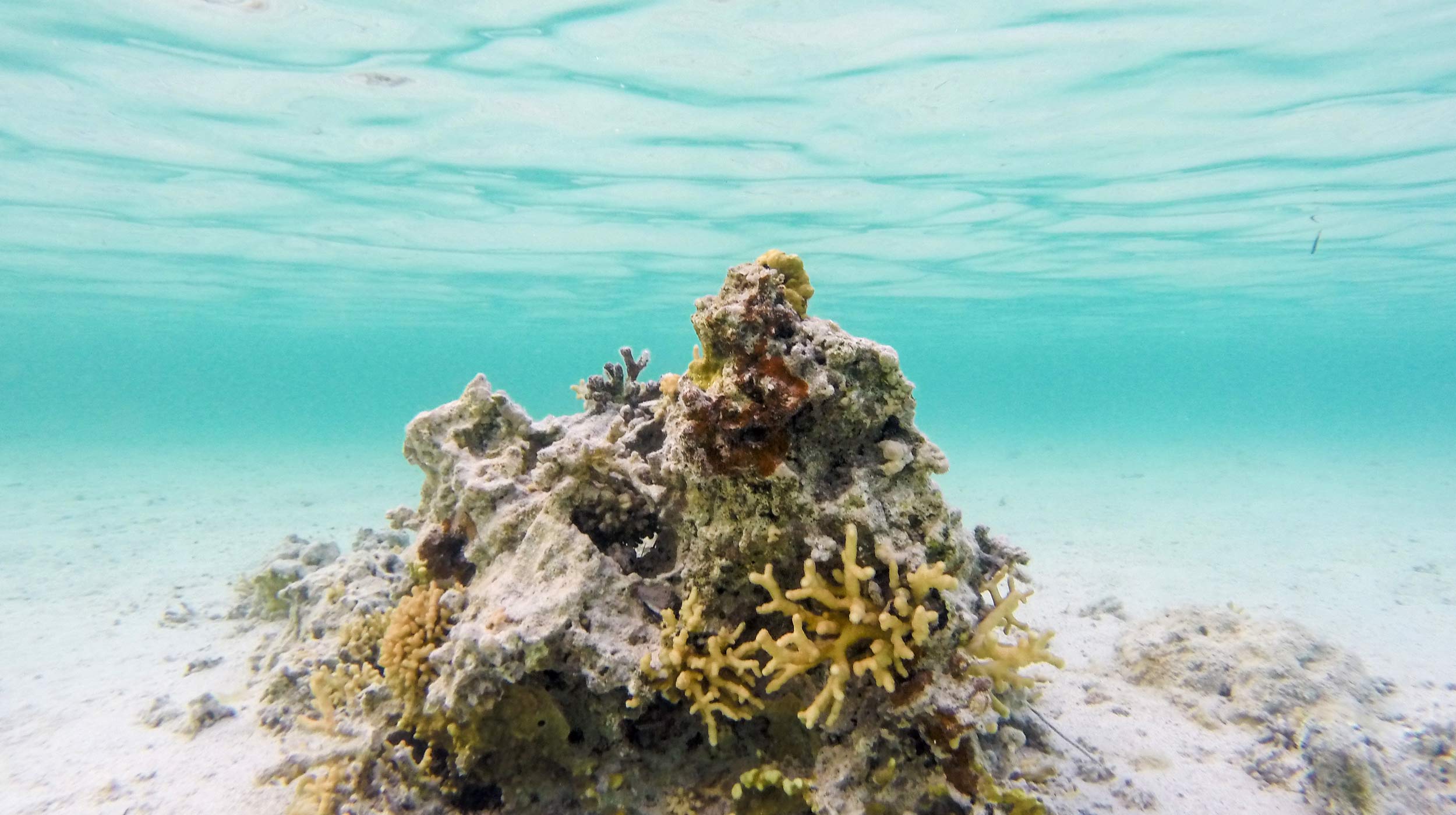
These invisible changes are shaking the ocean as a whole. The problem is that these threats are not limited to the ocean alone. If the ocean collapses, our very way of life will also be shaken.
Protecting the Ocean Together: Global Cooperation and Solidarity
Protecting the ocean is not something that can be achieved by the efforts of a single nation. This is because the ocean crosses national boundaries, and pollution spreads across the globe via the waves. In the face of such crises, international cooperation has become more important than ever.
Therefore, the United Nations (UN) has led international conferences to promote ocean protection. A prime example is the UN Ocean Conference. This conference goes beyond adopting declarations—it discusses concrete actions to preserve marine ecosystems and has yielded achievements such as establishing marine protected areas and holding follow-up meetings.
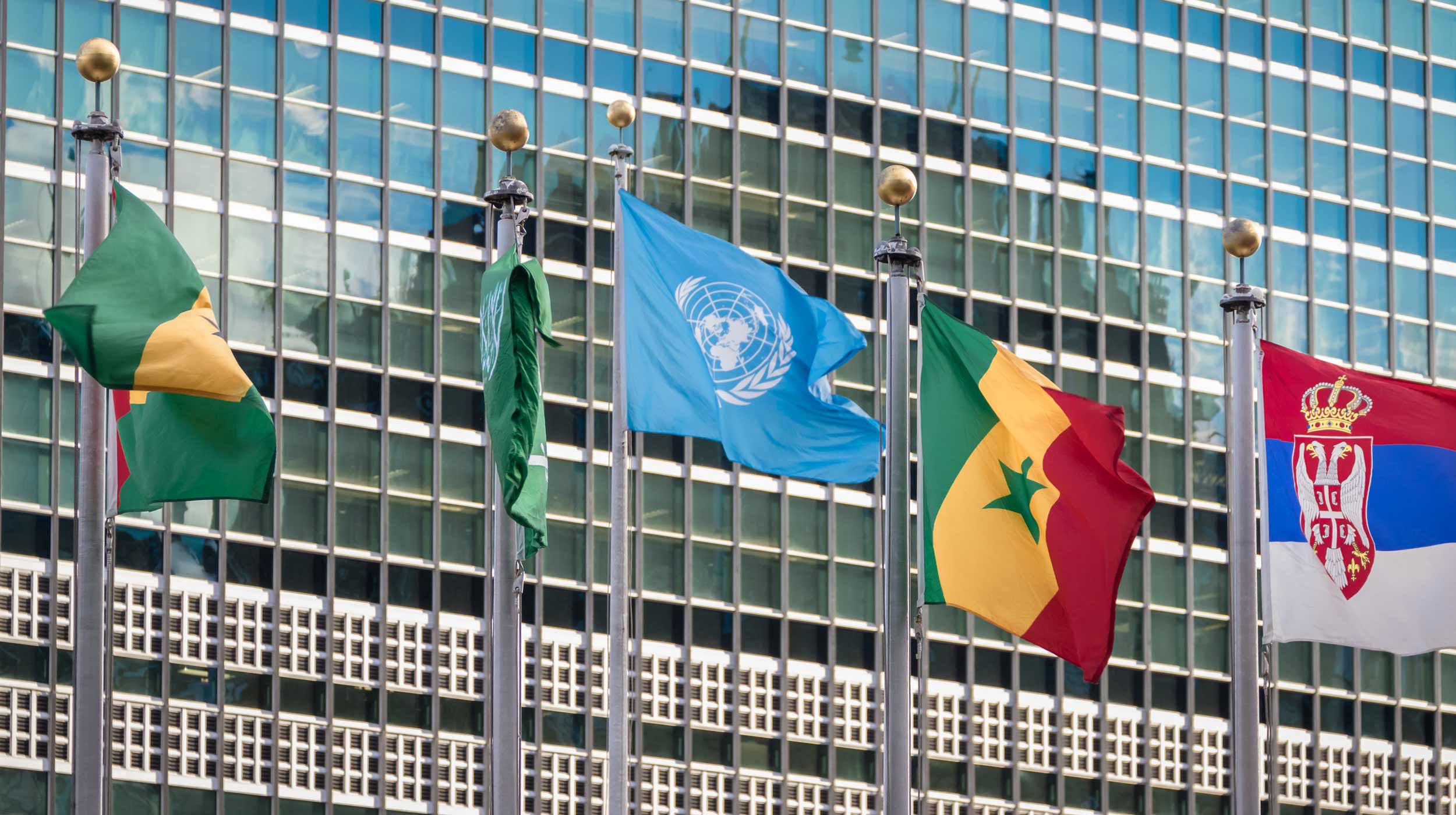
Furthermore, among the UN’s Sustainable Development Goals (SDGs), Goal 14 focuses on the “conservation and sustainable use of the oceans, seas, and marine resources.” It consists of 10 specific targets. For instance:
Reduce marine pollution by 2025 (Target 14.1)
Enhance the resilience of marine ecosystems (Target 14.2)
Mitigate the impacts of ocean acidification (Target 14.3)
Strengthen regulations for sustainable fishing (Target 14.4)
In particular, SDG 14.6 emphasizes the elimination of illegal, unreported, and unregulated (IUU) fishing by prohibiting fisheries subsidies—a principle directly linked to the WTO Agreement on Fisheries Subsidies adopted in 2022. SDG 14.7 aims to increase the economic benefits of sustainable marine resource use for Small Island Developing States and Least Developed Countries, striving to balance conservation and development. [6]
Small Actions to Protect the Ocean: ASEZ BLUE CARBON
Where does change for the Earth begin? The answer may be surprisingly close—on university campuses. The ABC (ASEZ Blue Carbon) initiative, led by ASEZ (Save the Earth from A to Z), the university student volunteer group of the World Mission Society Church of God, is a representative campaign for preserving marine ecosystems. This project aims to protect marine environments such as oceans, wetlands, mangrove forests, and reed beds. Notably, ASEZ has designated the week that includes World Environment Day (June 5) and World Oceans Day (June 8) as “Blue Carbon Week.” During this week every year, they carry out ecosystem clean-up efforts and campaigns to raise awareness about blue carbon. In addition, through activities like plogging (picking up litter while jogging) and biodiversity campaigns, they strive to change the world through individual action. You can explore ASEZ’s various initiatives through the following link.
[chamnews] ASEZ Takes Steps to Protect Earth with “Earth Recovery Day”
https://www.chamnews.net/news/articleView.html?idxno=226308
[ASEZ] The 4th ASEZ Biodiversity Seminar at Seoul National University. https://asez.org/ko/asezsnudiversityseminar_4/
The ocean cannot speak on its own. That’s why we must become its voice. Protecting our marine ecosystems, which are now in crisis, is no longer something we can postpone. It doesn’t require grand gestures—rather, small actions and a shift in awareness in our daily lives can come together to create significant change. Just like the theme of this year’s World Oceans Day, “Wonder: Sustaining What Sustains Us,” we must protect the ocean that sustains us. Now is the time for your attention and action—for the ocean, for the Earth, and ultimately, for all of us.
